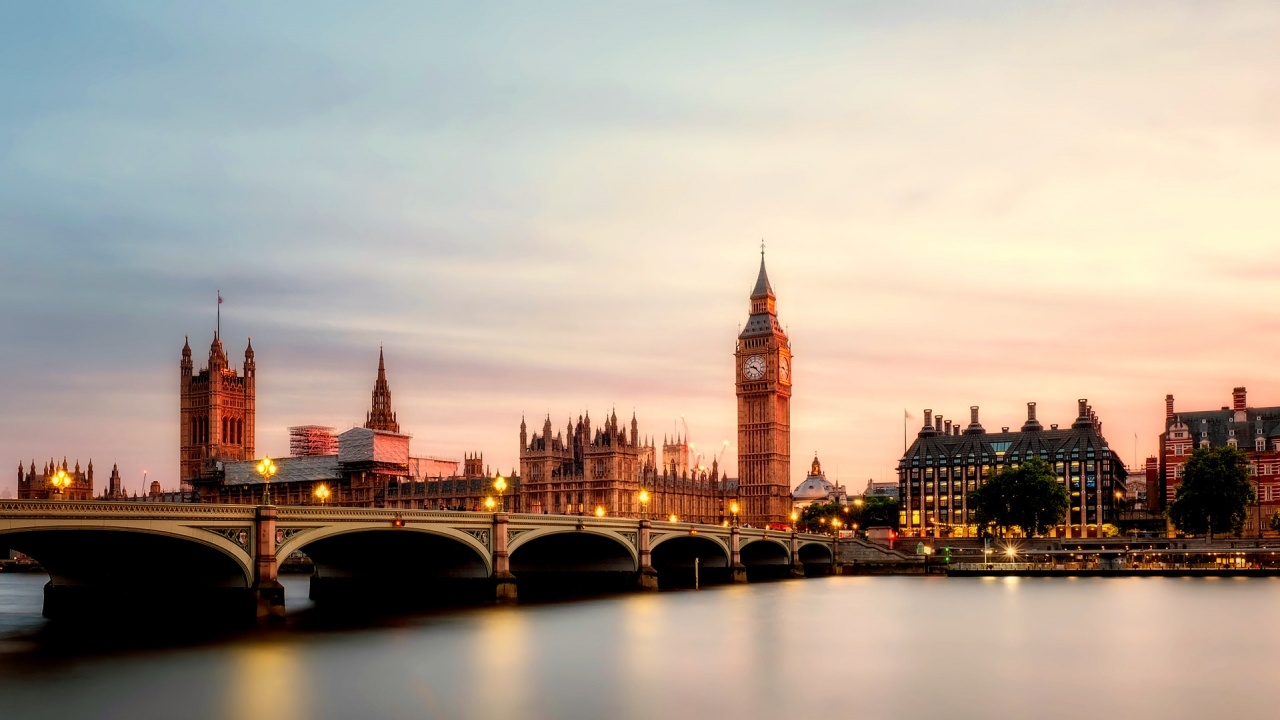Britain's annual consumer inflation will peak at 18.6% in January 2023, Citibank's latest upwardly revised forecasts show as a result of the latest surge in energy prices. Such inflation would be more than twice the target level of the Bank of England of 2 percent, BNR reported.
"The question now is what policy can be conducted to offset the impact on both inflation and the real economy," Benjamin Nabarro said in an analysis to clients of the big US bank, Reuters reported.
The last time UK consumer price inflation was above 18% was in 1976.
Retail price inflation is expected to peak at 21.4 percent, Citibank predicts.
According to Nabarro, the favorite to become the next prime minister of Great Britain, Liz Truss, is likely to come up with measures to support households affected by rising energy prices, which could slightly reduce the peak rate of inflation.
Britain's energy regulator Ofgem is due to set new maximum household energy tariffs this Friday, which it expects to come into effect in October.
The previous rate hike in April saw the annual bill for the typical British household rise to £1,971 from £1,278, largely due to a spike in natural gas prices following Russia's invasion of Ukraine.
The next energy rate hikes are likely to be even steeper in light of the nearly 20 percent spike in natural gas prices over the past week.
Citibank predicts Ofgem will raise the tariff cap to the equivalent of £3,717 from October, with further increases to £4,567 in January next year and to £5,816 in April 2023.
Energy analysts Cornwall Insight also raised their forecasts for Ofgem's regulated tariffs to £3,554 for October, £4,650 for January and £5,341 for May.
"It is difficult to determine how many British households will cope with the coming winter," said Cornwall Insight consultant Craig Lowry, quoted by Reuters.
In its early August forecasts, the Bank of England suggested that the energy price cap would rise to around £3,500 in October and that energy prices would stabilize thereafter.
Thus, consumer price inflation should peak at 13.3% in October, according to these latest ACB forecasts.
However, with inflation now expected to peak significantly higher, the CBA is likely to conclude that risks to more persistent inflation have intensified, Citibank noted in its review.
"This means raising UK interest rates to so-called restrictive territory (levels hampering economic growth) and quickly. If signs of more sustained and sustained inflation emerge, we believe it will be necessary to raise UK interest rates to levels of 6-7% to bring inflation dynamics under control. For now, however, we continue to think that the evidence for such effects (of sustained inflation) is limited," Citibank's Nabarro said.
Earlier this month, the ECB raised Britain's key interest rate by as much as 50 basis points, with investors expecting another similarly aggressive move when the central bank holds its next scheduled monetary policy announcement on September 15.
